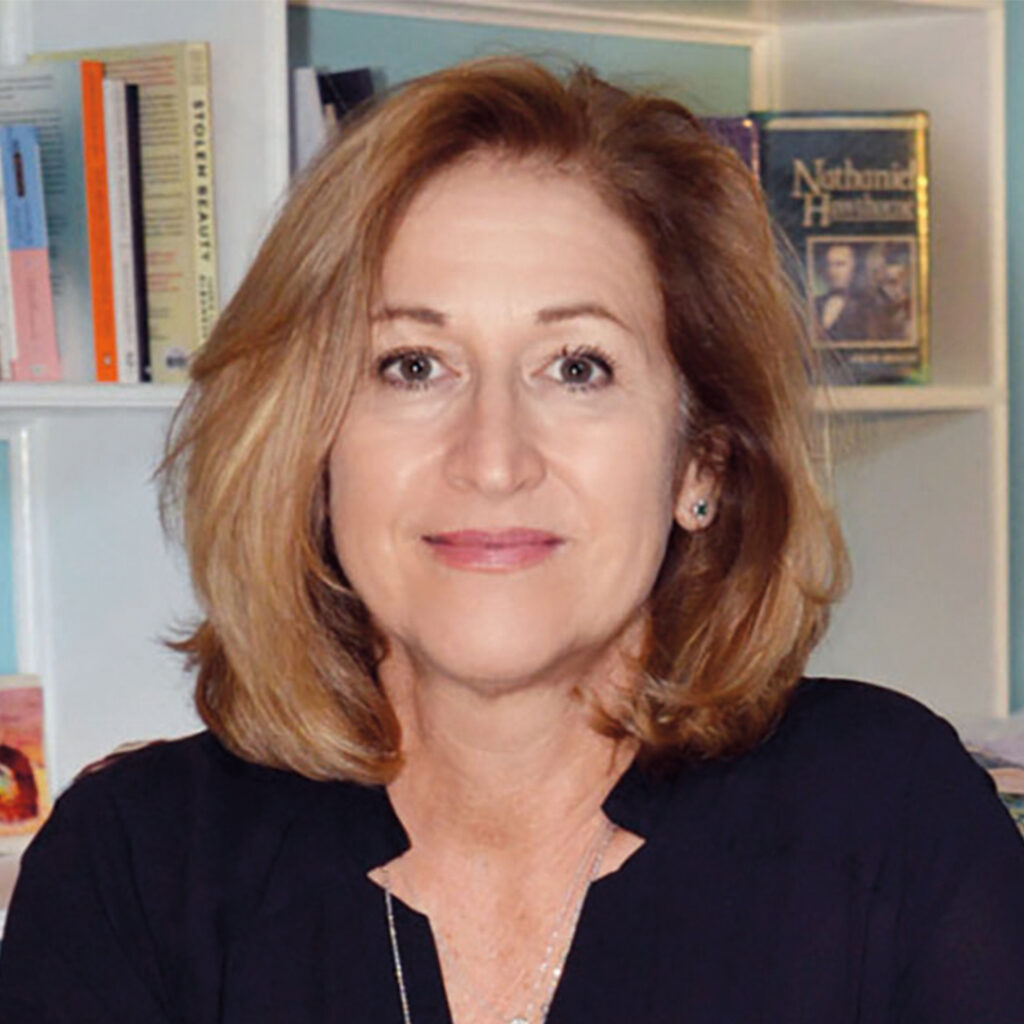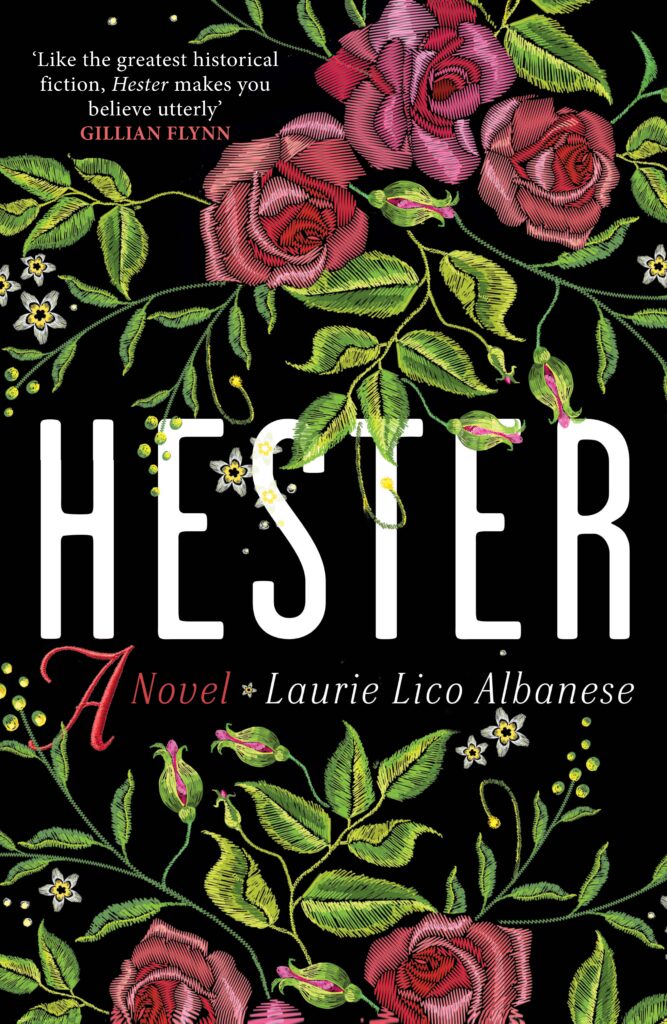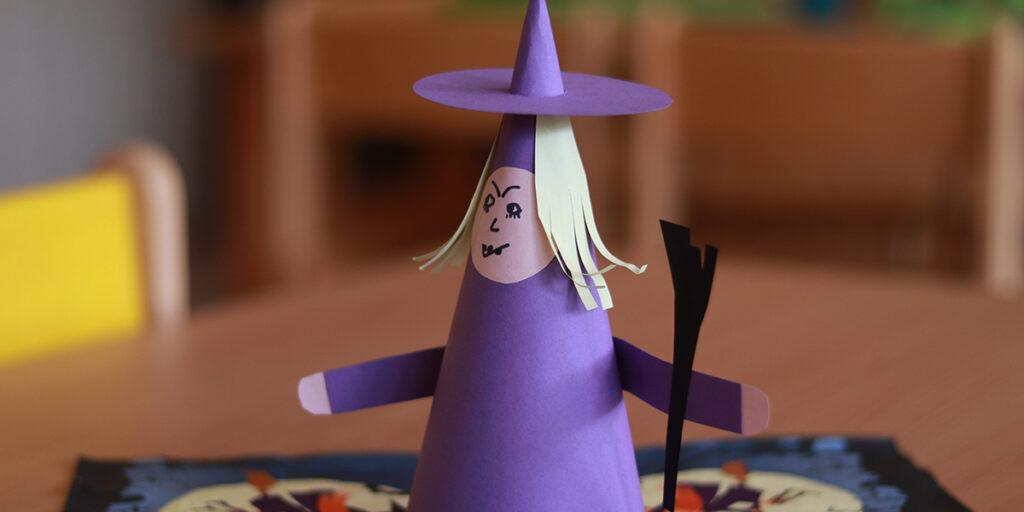
Guest post
Top 10 Witches in Popular Culture
Break out your caldron and your witch hat for Hester author Laurie Lico Albanese‘s top 10 witches in popular culture!
There are magical, mystical Weird Sisters all around us: you only need to look down Diagon Alley, wait on platform 9 3/4 in King’s Cross, open Macbeth, or turn on your old telly to one of your favourite 1970s sitcoms!
Samantha, Bewitched
Samantha played by Elizabeth Montgomery in the 1960-70s TV sitcom Bewitched (beloved companion of my elementary school sick-day mornings).
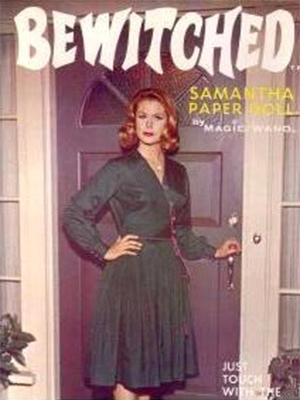

Hermione Granger, Harry Potter
Hermione Granger, the smartest witch in all of Hogwarts, and the perfect hero for generations of young readers.
Hermione Granger,
Harry Potter
Hermione Granger, the smartest witch in all of Hogwarts, and the perfect hero for generations of young readers.

Morgan le Fey, The Mists of Avalon
Morgan le Fey, high priestess of King Arthur’s Forest, as she appears in Marion Zimmer Bradley’s stunning work of legendary feminist retelling, The Mists Of Avalon.
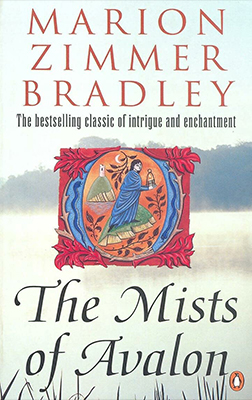
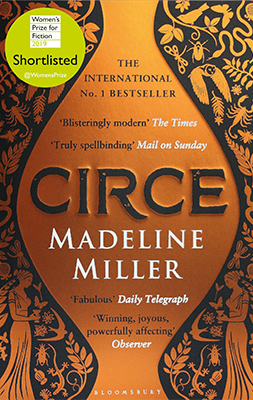
Circe, Circe
Circe, Madeline Miller’s mythic witch from The Odyssey, who turns men into pigs as the heroine in Circe the novel.
Circe, Circe
Circe, Madeline Miller’s mythic witch from The Odyssey, who turns men into pigs as the heroine in Circe the novel.

Glinda and Elphaba,
The Wizard of Oz and Wicked
Glinda the Good Witch in The Wizard of Oz and, her sister, Elphaba the “Wicked Witch” in Wicked. There is always a reason why a woman crosses to the dark side.
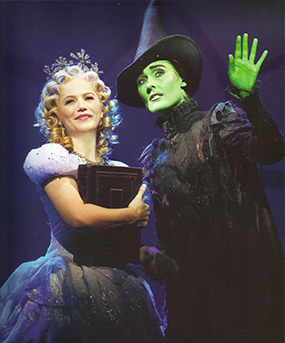
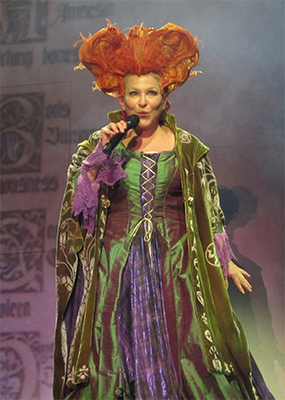
Winifred, Hocus Pocus
Winifred, played by Bette Midler in the classic Halloween campy movie Hocus Pocus. We watched this movie on Halloween for many years when my son was growing up!
Winifred, Hocus Pocus
Winifred, played by Bette Midler in the classic Halloween campy movie Hocus Pocus. We watched this movie on Halloween for many years when my son was growing up!

Miss May Belle and Rue, Conjure Women
Miss May Belle and daughter Rue, spellbinding heroines in Conjure Women, Afia Atakora’s powerful novel set in America’s Civil War South.
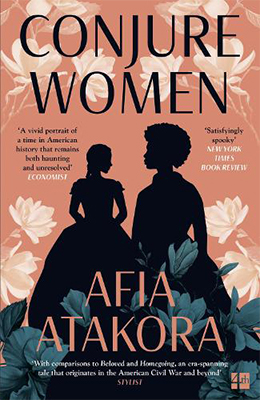
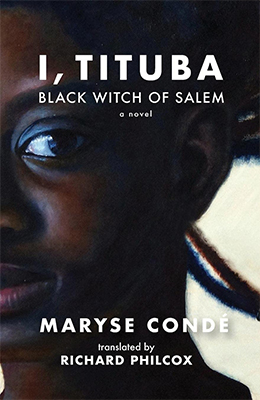
Tituba,
I, Tituba, Black Witch Of Salem
Tituba, black witch of Salem, in the historical 1692 Salem Witch Trials and in Maryse Conde’s haunting novel I, Tituba, Black Witch Of Salem.
Tituba,
I, Tituba, Black Witch Of Salem
Tituba, black witch of Salem, in the historical 1692 Salem Witch Trials and in Maryse Conde’s haunting novel I, Tituba, Black Witch Of Salem.

Isobel Gowdie
Isobel Gowdie, Scotland’s “Queen of Witches,” who (quite graphically!) confessed to witchcraft in 1662 and may or not have been hanged by authorities in Auldearn near Nairn.
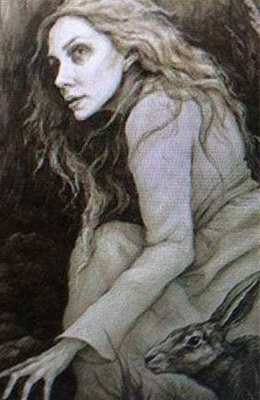
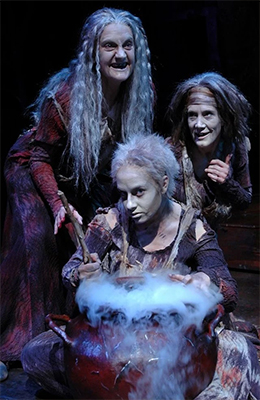
Three Witches, Macbeth
William Shakespeare’s Three Witches, who evermore are credited with my all-time favourite witches’ chant, “Double, double, toil and trouble / Fire burn, and cauldron bubble” in Macbeth.
Three Witches, Macbeth
William Shakespeare’s Three Witches, who evermore are credited with my all-time favourite witches’ chant, “Double, double, toil and trouble / Fire burn, and cauldron bubble” in Macbeth.
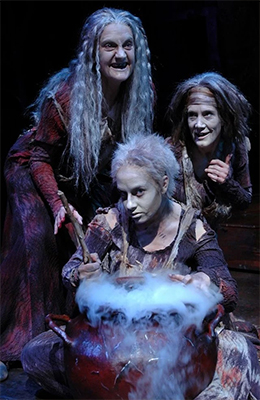
If you enjoyed Laurie Lico Albanese‘s article about the top 10 witches in popular culture you should try reading Hester.
Albanese’s enchanting historical novel is a captivating imagined tale of the woman who inspired Hester Prynne, the tragic heroine of The Scarlet Letter, mining the legacy of the Salem witch trials.
Glasgow, 1829: Isobel, a young seamstress, and her husband Edward set sail for Salem, Massachusetts, in flight from his mounting debts and addictions. But, arriving in Salem, Massachusetts, Edward soon takes off again, and Isobel finds herself penniless and alone.
Then she meets Nathaniel, a fledgling writer, and the two are instantly drawn to each other: he is haunted by his ancestors, who sent innocent women to the gallows during the Salem witch trials – while she is an unusually gifted needleworker, troubled by her own strange talents. Nathaniel and Isobel grow ever closer. Together, they are dark storyteller and muse; enchanter and enchanted. But which is which?
Praise for Hester
‘Like the greatest historical fiction, Hester manages to make you believe utterly’
Gillian Flynn, #1 New York Times-bestselling author
‘Full of lush and colourful prose… Hester proves that a woman will do whatever she must to prosper’
Sarah Penner, author of The Lost Apothecary
‘In dreamlike yet vivid prose, Albanese weaves a story about nineteenth-century Salem, a place with a dark history where secrets still abound’
Christina Baker Kline, author of The Exiles
‘A masterpiece. Rich in detail and hauntingly lyrical… enthralling, ambitious, and a total knock-out’
Fiona Davis, author of The Magnolia Palace
